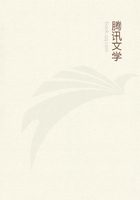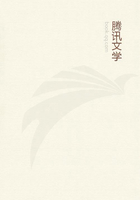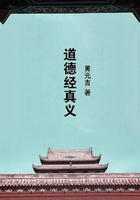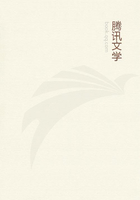*****Note--We have thus removed the cause which is commonly assigned for error. For we have shown above, that falsity consists solely in the privation of knowledge involved in ideas which are fragmentary and confused. Wherefore, a false idea, inasmuch as it is false, does not involve certainty. When we say, then, that a man acquiesces in what is false, and that he has no doubts on the subject, we do not say that he is certain, but only that he does not doubt, or that he acquiesces in what is false, inasmuch as there are no reasons, which should cause his imagination to waver (see II. xliv. note). Thus, although the man be assumed to acquiesce in what is false, we shall never say that he is certain. For by certainty we mean something positive (II. xliii. and note), not merely the absence of doubt.
However, in order that the foregoing proposition may be fully explained, I will draw attention to a few additional points, and I will furthermore answer the objections which may be advanced against our doctrine. Lastly, in order to remove every scruple, I have thought it worth while to point out some of the advantages, which follow therefrom. I say "some," for they will be better appreciated from what we shall set forth in the fifth part.
I begin, then, with the first point, and warn my readers to make an accurate distinction between an idea, or conception of the mind, and the images of things which we imagine. It is further necessary that they should distinguish between idea and words, whereby we signify things. These three--namely, images, words, and ideas--are by many persons either entirely confused together, or not distinguished with sufficient accuracy or care, and hence people are generally in ignorance, how absolutely necessary is a knowledge of this doctrine of the will, both for philosophic purposes and for the wise ordering of life. Those who think that ideas consist in images which are formed in us by contact with external bodies, persuade themselves that the ideas of those things, whereof we can form no mental picture, are not ideas, but only figments, which we invent by the free decree of our will; they thus regard ideas as though they were inanimate pictures on a panel, and, filled with this misconception, do not see that an idea, inasmuch as it is an idea, involves an affirmation or negation. Again, those who confuse words with ideas, or with the affirmation which an idea involves, think that they can wish something contrary to what they feel, affirm, or deny. This misconception will easily be laid aside by one, who reflects on the nature of knowledge, and seeing that it in no wise involves the conception of extension, will therefore clearly understand, that an idea (being a mode of thinking) does not consist in the image of anything, nor in words. The essence of words and images is put together by bodily motions, which in no wise involve the conception of thought.
These few words on this subject will suffice: I will therefore pass on to consider the objections, which may be raised against our doctrine. Of these, the first is advanced by those, who think that the will has a wider scope than the understanding, and that therefore it is different therefrom. The reason for their holding the belief, that the will has wider scope than the understanding, is that they assert, that they have no need of an increase in their faculty of assent, that is of affirmation or negation, in order to assent to an infinity of things which we do not perceive, but that they have need of an increase in their faculty of understanding. The will is thus distinguished from the intellect, the latter being finite and the former infinite.
Secondly, it may be objected that experience seems to teach us especially clearly, that we are able to suspend our judgment before assenting to things which we perceive; this is confirmed by the fact that no one is said to be deceived, in so far as he perceives anything, but only in so far as he assents or dissents.
For instance, he who feigns a winged horse, does not therefore admit that a winged horse exists; that is, he is not deceived, unless he admits in addition that a winged horse does exist.
Nothing therefore seems to be taught more clearly by experience, than that the will or faculty of assent is free and different from the faculty of understanding. Thirdly, it may be objected that one affirmation does not apparently contain more reality than another; in other words, that we do not seem to need for affirming, that what is true is true, any greater power than for affirming, that what is false is true. We have, however, seen that one idea has more reality or perfection than another, for as objects are some more excellent than others, so also are the ideas of them some more excellent than others; this also seems to point to a difference between the understanding and the will.
Fourthly, it may be objected, if man does not act from free will, what will happen if the incentives to action are equally balanced, as in the case of Buridan's ass? Will he perish of hunger and thirst? If I say that he would not, he would then determine his own action, and would consequently possess the faculty of going and doing whatever he liked. Other objections might also be raised, but, as I am not bound to put in evidence everything that anyone may dream, I will only set myself to the task of refuting those I have mentioned, and that as briefly as possible.

